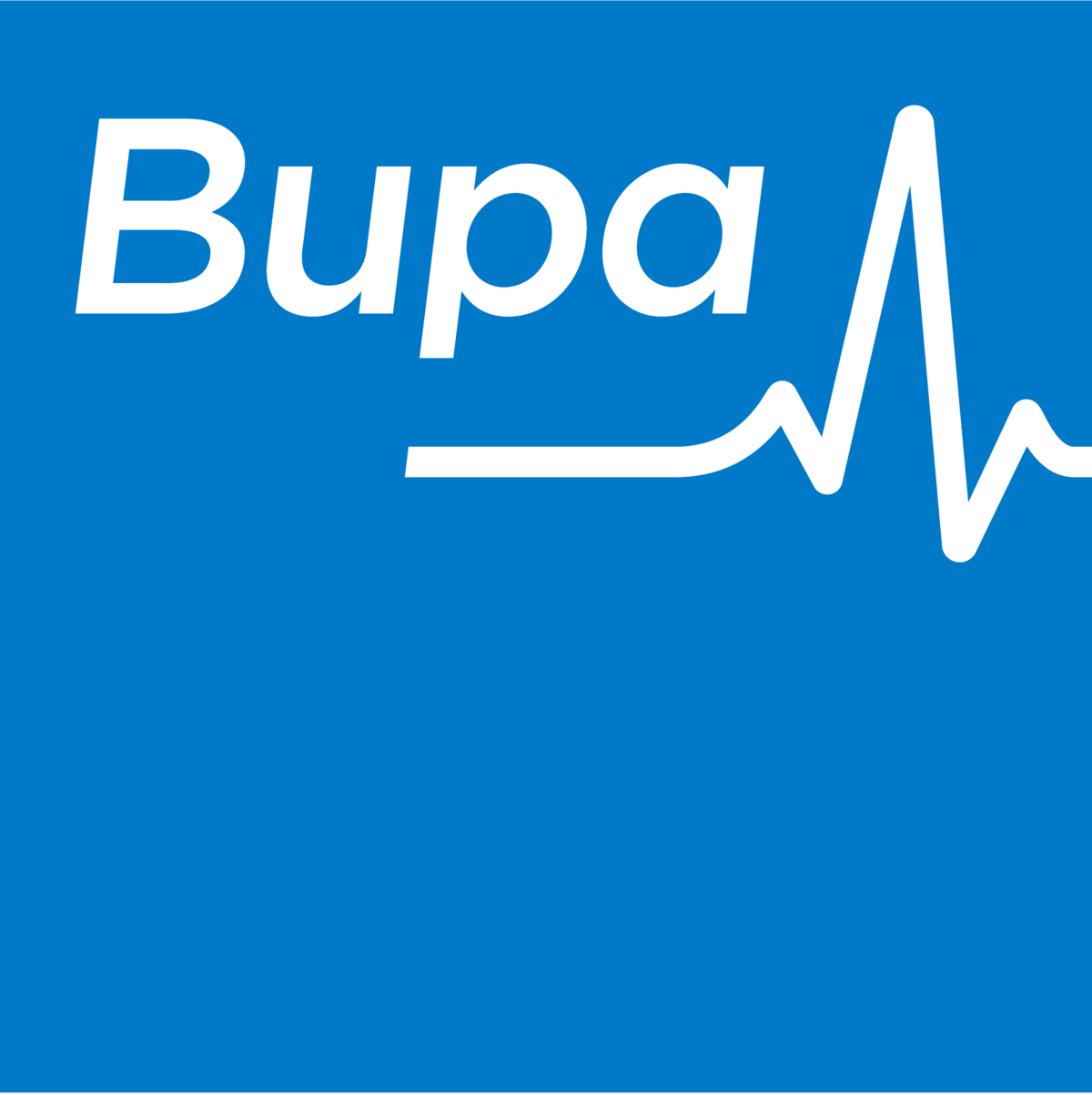Everyone feels unwell sometimes. However, as an international student, the thought of falling ill can be daunting.
There may be instances when minor illnesses such as coughs, colds or sore throats can be treated with over-the-counter medicines (i.e. medicine that you can buy without a prescription). But, there are times when you may need further medical attention.
So, who do you call when you get sick in Australia? Should you be worried about bills or payments? What should you take with you when you visit the doctor? Here’s a step-by-step guide on what to do if you’re feeling sick.
How does the healthcare system in Australia work?
First, let’s navigate the healthcare system in Australia. Australia has both public and private healthcare. Public healthcare encompasses public hospitals that provide low or no-cost healthcare under Medicare (more about this below). Private (or non-government) healthcare complements the public health system and usually incurs a cost. With private health insurance, you can select your doctor, access a private room (in certain circumstances) and get your planned treatment sooner.
What is Medicare and the MBS? Can international students access Medicare?
Medicare is the health insurance system through which Australian citizens and permanent residents (and some others) receive free or discounted health services. The Medicare Benefits Schedule (MBS) is a list of health services that the Australian Government subsidises under Medicare. MBS items include certain consultations, diagnostic tests and operations.
In many cases, Medicare covers the entire cost of services under the MBS. But where this benefit is not completely covered by Medicare, there are ‘out-of-pocket’ costs to the patient. This means a part of the medical treatment or appointment needs to be paid for by the patient.
Australia also has Reciprocal Health Care Agreements with 11 countries around the world. Residents from these countries can have part of their healthcare costs covered in Australia under the Medicare scheme. So, if you’re wondering, “Can international students get Medicare?” make sure to check if your country is listed as part of the reciprocal agreement.
What does your OSHC and OVHC cover?
As an international student, you will need OSHC to meet your visa requirements. If you are wondering, “Is OSHC private health insurance?” Yes, it is. OSHC stands for Overseas Student Health Cover and OVHC stands for Overseas Visitor Health Cover.
OSHC is compulsory for most students, while OVHC is a visa requirement for the majority of people working on a temporary basis in Australia, for example, those on a Temporary Skill Shortage (subclass 482) visa or a Temporary Graduate (subclass 485) visa.
It’s also available for people travelling to Australia on holidays, although it is optional for most travellers. So, if you’re an international student who is about to graduate and thinking about continuing to live and work in Australia, you may need to look into OVHC.
Depending on the level of cover you select, most basic OSHC and OVHC policies cover (either entirely or partially) out-of-hospital medical expenses such as doctor or specialist visits, in-hospital expenses, certain prescribed medications and emergency ambulance trips.
Some providers, such as Bupa, cover up to 100 per cent of MBS for most out-of-hospital medical services⁺.
Some providers may also offer higher-tiered cover extras (up to a certain amount⁺), such as dental, optical and physiotherapy, or you have the option to buy extras on top of your OSHC or OVHC.
Who should you visit when you feel unwell?
Step 1: Knowing who to see
The first step is to consider who you need to see, depending on your symptoms and the severity of your condition. You can use the Australian Government’s healthdirect Symptom Checker if you’re not sure.
If the situation isn’t urgent, see a doctor. If it’s an emergency, call Triple Zero (000) and request an ambulance. If you need a specialist, you will need a referral from a doctor first.
In Australia, a local doctor is often called a GP, or a General Practitioner. A GP does not specialise in one area of medicine, however, they can help by diagnosing and treating pain, diseases and other health issues. They can also refer you to specialist doctors once you have described the nature and extent of your health issues, such as radiologists, psychiatrists or orthopedic specialists.
Additionally, GPs can help with mental health support, vaccines, referrals for tests or scans, managing and treating wounds, prescribing medication if required, and matters related to women’s health.
How can you book an appointment with a GP?
Step 2: Book a doctor’s appointment
Next, find a GP. A great place to start is either HealthEngine or HotDoc – both are appointment booking systems that allow you to search for a GP based on your location.
These platforms will also show you reviews of each practice, when their next available appointment is and whether they offer telehealth services. Telehealth consultations are held over the phone or via video chat, instead of in person. It’s essentially an online doctor appointment.
If your OSHC or OVHC provider is Bupa, you can use Blua to book appointments^. Blua is a digital platform designed to help Bupa’s international student and OVHC members find, book and attend appointments with doctors around Australia.
As a Bupa OSHC or OVHC member, you can book a standard online video general consultation, in a range of different languages*, with a Blua doctor of your choice^. What’s even better is that 100 per cent of fees for the Blua consultation are covered for Bupa OSHC or OVHC members, so you don’t need to worry about any additional costs.
Your educational institution might also have on-campus healthcare available to students. The best way to find out is by checking your institution’s website or by asking your international student support service. By seeing a GP on campus, you can easily fit appointments around your classes.
If you are seeking mental health support, a GP can refer you to a mental health professional, such as a psychologist, counsellor or psychiatrist, depending on your needs. Beyond Blue offers great tips for finding a GP that can help with mental health issues.
Step 3: Go to your appointment
If you’re seeing a GP/doctor for the first time, arrive 15-20 minutes early to fill out any paperwork. It’s useful to bring your ID, such as your student card. You will also need to take your OSHC card or information with you, in particular your policy number, to claim any costs associated with your appointment.
Step 4: Purchase medicines if required
In Australia, medicines can only be bought in a pharmacy (also known as a chemist), and some require a prescription from a doctor. Scripts are usually printed on a piece of paper, but can also be sent electronically as an eScript. You can then claim the cost of your medication as per your OSHC or OVHC policy.
Step 5: Submit claims if necessary
When visiting a GP/doctor, it’s important to remember that t some practices will bulk bill and charge your insurance provider directly, and others might expect you to pay and then submit a reimbursement claim to your insurance provider.
For instance, if you visit a Bupa-friendly doctor, the GP/doctor will submit your claim directly to Bupa. This helps reduce or remove any payment you would normally need to make on the day of your appointment.
When should I go to the hospital in Australia?
In Australia, hospitals are often for emergencies (or pre-planned procedures/operations), while GPs are for non-emergencies.
You should generally only go to a hospital if you are seriously hurt or sick and require urgent medical attention. This includes things like:
- A major injury
- An accident such as a broken bone
- A heart attack/chest pain
- Problems with breathing or bleeding not stopping
- Severe pain
- Loss of consciousness
- Drug overdoses or poisoning
If you require urgent medical help, go to the Emergency Department (ER) of a hospital, or, if you need immediate assistance (in a life-threatening emergency) call Triple Zero (000) right away for an ambulance.
If you visit the ER for a non-emergency medical issue, it’s likely that you will be required to wait around for long periods of time. This is because patients will be seen based on the seriousness of their case.
How do I call an ambulance in Australia?
If you or someone you’re with is seriously injured or in need of urgent medical help, call Triple Zero (000). You can ask for an ambulance and one will be sent if required. If you’re sick and do not require immediate medical attention, your first stop should be a GP.
^Fund and policy rules apply. Yearly limits apply to Essential Lite Visitors cover. 100% of the fees will only be covered for Blua consults. Members will only be able to book general consultations via Blua. Consultations with specialists cannot be booked via Blua. Members who are under 18 years old may need to attend the consultation with a parent or guardian.
*Members’ preferred language may not be available 24/7.
Looking for health cover to meet your visa requirements for Australia? Get a quote from Bupa!
Cover with Bupa includes:
- Less out-of-pocket expenses with cover up to 100% of Medicare Benefit Schedule fees for most out-of-hospital medical services⁺
- Bupa OSHC and OVC members can get 24/7 access to doctors via online video calls via Blua^
- Unlimited emergency ambulance cover by recognised providers⁺
- Use of the myBupa app, allowing you to easily access your health cover information online
Whether you require OVHC or are looking to transition from another provider, Bupa has the perfect cover for you – that’s why more people choose Bupa for OVHC.**
**Based on APRA market share data, 2017-2020
⁺Yearly limits, waiting periods, fund and policy rules apply.
^Fund and policy rules apply. Yearly limits to Essential Lite Visitors cover. 100% of the cost will be covered for Blua consults. Members will only be able to book general consultations via Blua. Members who are under 18 years old may need to attend the consultation with a parent or guardian.






